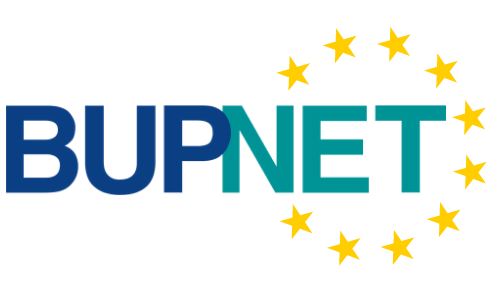When considering the effective management of teams under hybrid work conditions, no organisaiton could rely alone on its top management. Any new policies and measures must be understood and adopted by the middle managers in order to become part of the daily routines of all staff. That is why measures for training the middle managers are needed.
The middle managers, having both access to the organisation’s leadership and employees, function as intermediaries between the organization’s overall strategy and its daily activities. They are involved both in strategic planning and in managing people. Their role includes managing two-way exchanges between top managers and employees, receiving guidance from top management while actively using their leadership skills to guide their colleagues. They are subject to constant change and therefore must themselves act as agents of change to their employees.
Even before the outbreak of the pandemic, it was becoming quite clear that middle managers have some key functions holding their teams together and assisting colleagues maintain a healthy work-life balance. In particular, a key role they could fulfill within the team was identified as a compassionate leadership capable of recognising employees’ concerns, reducing their stress and generating positive emotions.
If you like content like the one posted above, you will find more in our upcoming PROSPER training modules.

